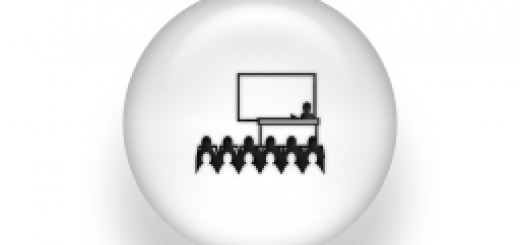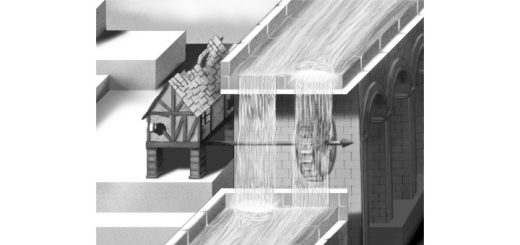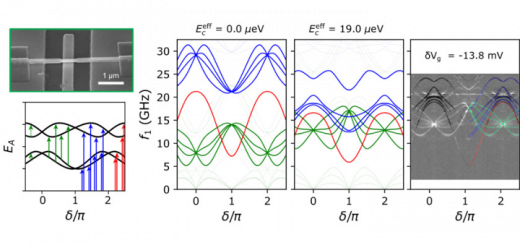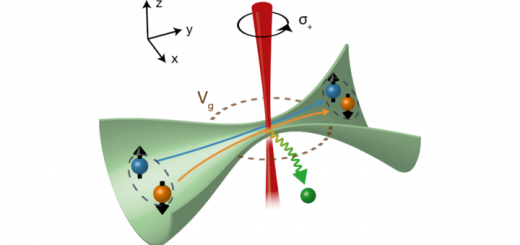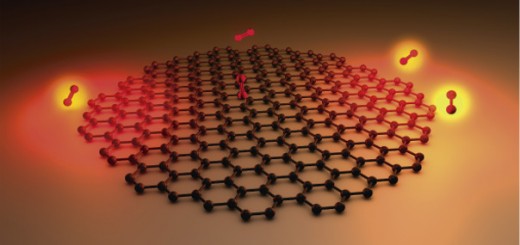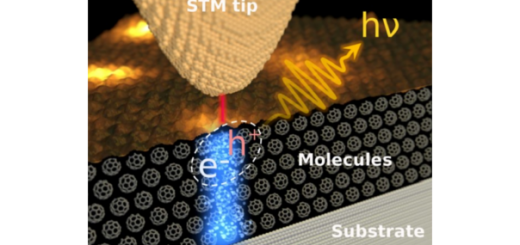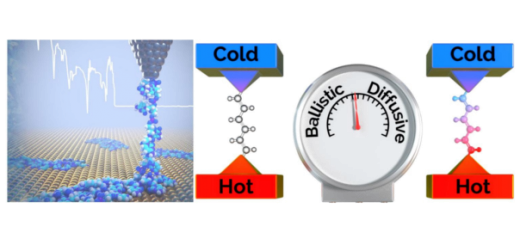The impact of electron interactions on one-dimensional helical conductors and Majorana end states
 Wednesday, 2nd noviembre 2011. 12:00-13:00
Wednesday, 2nd noviembre 2011. 12:00-13:00
Bernd Braunecker
Dpto. Física Teórica de la Materia Condensada, UAM
ABSTRACT:
Majorana bound states appear at the ends of one-dimensional helical (i.e., spin-filtered) conductors if they are brought in the proximity of a superconductor. Such Majorana states have received much attention very recently due to their potential usefulness for topological quantum computation, quantum memories, or Cooper-pair splitters.
In my talk, I will discuss the effect of electron-electron interactions on the helical conductors (in the normal and superconducting state) and on the Majorana end states. I will show that already in the normal state the different helical conductors that are usually considered as equivalent exhibit substantial differences if electron interactions are taken into account [1]. Furthermore, I will show that the superconducting state is extremely susceptible to electron interactions [2]. Strong interactions generically destroy the induced superconducting gap that stabilizes the Majorana end states. On the other hand, for weak interactions the interaction-induced renormalization of the gap is nonuniversal and allows for a regime in which the Majorana edge states persist. I will discuss strategies how this regime can be reached and outline the consequences for experiments.
[1] B. Braunecker, C. Bena, and P. Simon, arXiv:1110.5171.
[2] S. Gangadharaiah, B. Braunecker, P. Simon, and D. Loss, Phys. Rev. Lett. 107, 036801 (2011).


